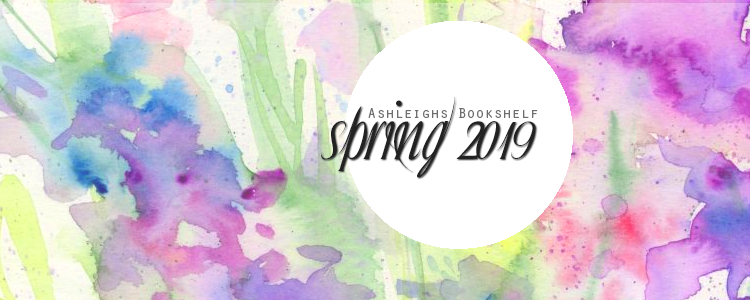I’m very out of practice at this, it’s been nearly a year since I last posted on here. Not through lack of love, because I love reviewing books, but through circumstances.
At the end of 2019 my mental health took a real hit. Not only that I was coming off medication for Fibromyalgia and suffering all the fun side effects that come with weaning off a controlled drug, but I was stressed at work and feeling overwhelmed with pressure to post on here. Something had to give and it had to be books. As sad as that made me for a while, reading was becoming a chore.
Then 2020 happened. After a pretty rough few months, we lost our dog on February 22nd. He was my best friend, he was the one who got me out of bed when I could hardly walk. He was the one who cuddled me when I was in pain. He licked away my tears, the little weirdo. I loved him. And losing him destroyed me. In the end, we chose to let him go peacefully, we wanted him to make it to his birthday on the 26th but he told us it was time. So we had to make the decision, which was hard and easy at the same time. Hard because we had spent every day for the last 14 years together, but easy because I couldn’t imagine putting him through pain and suffering. That morning was hands down the worst morning of my life.
Then, 2 weeks later at 6:30 on a Sunday morning we get a call and my grandmother had to call an ambulance for my grandad. By 7:20 he’d gone too. We were all shell shocked, still are really. We were lucky in that we actually got to say goodbye, we got a small funeral – just 10 people, all immediate family – not everyone is that fortunate right now.
To top it all off, my mum had corona virus. Yeah. That happened. Working in a community pharmacy with little to no PPE, she was likely infected before social distancing was at the front of our minds, never mind PPE for frontline staff.
Oddly though, right now, I’m feeling good. I’m off my medication, including my antidepressants, now. I’m also a little Puppy-Broody. Being home without Huey feels somehow wrong, but I’m getting used to that empty space in my heart now. And I feel ready to fill the space beside it, when my parents are ready to that is.
I miss this, I miss blogging and talking and interacting with people in this bookish sphere. Reading has been such a back burner thing for the last few months, and maybe I will talk about what I have read soon in another post. Try get a feel for this again.
Take care everyone, isolation isn’t easy, but we’re going to get through this!















